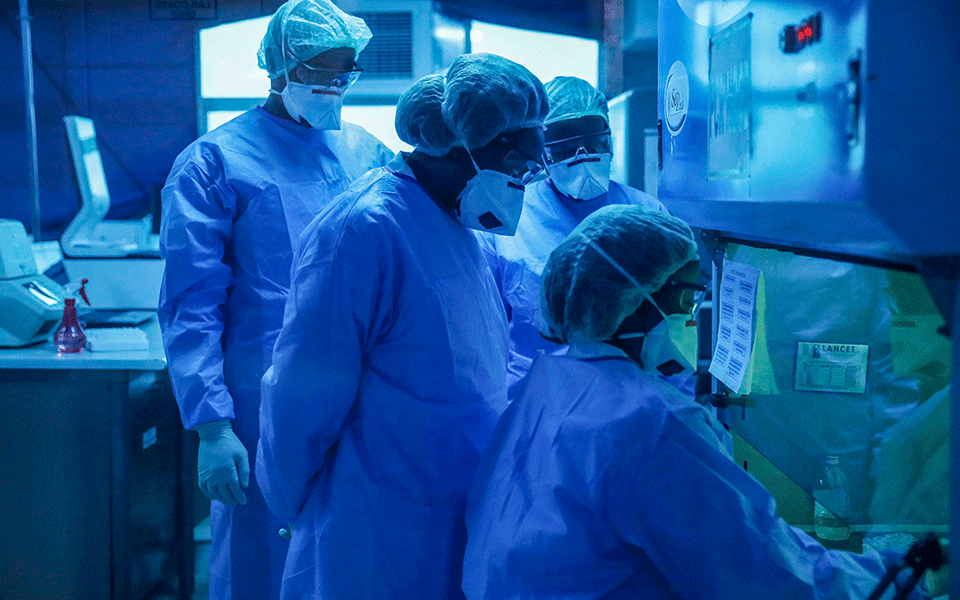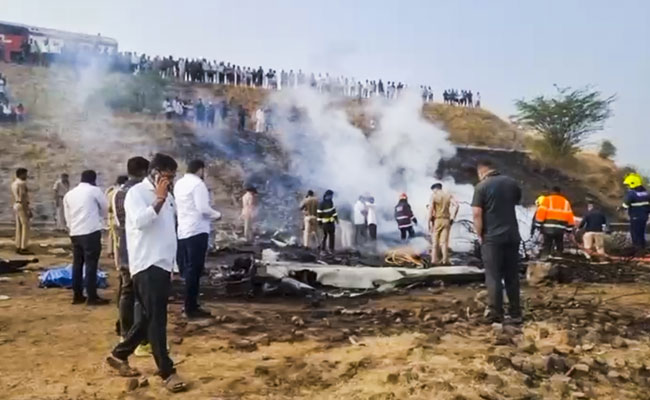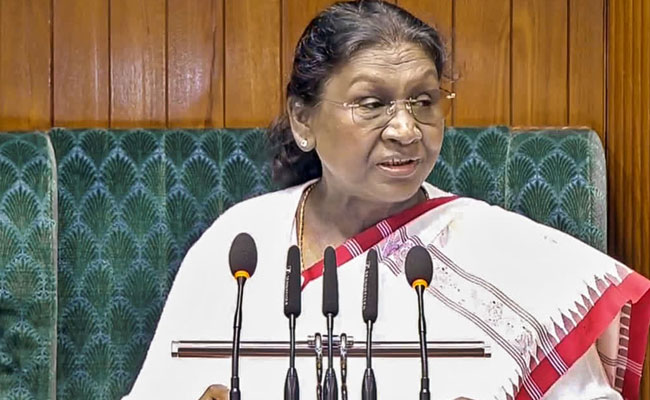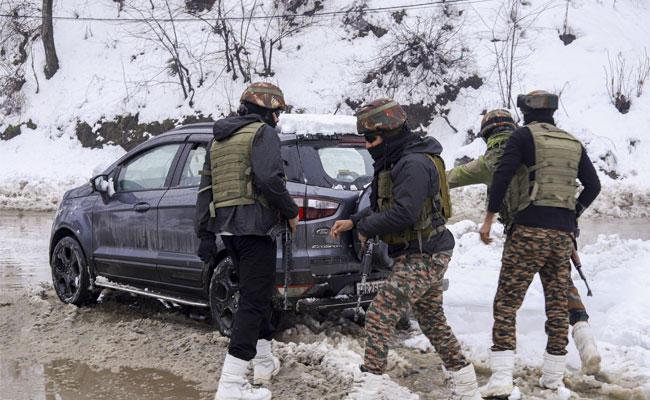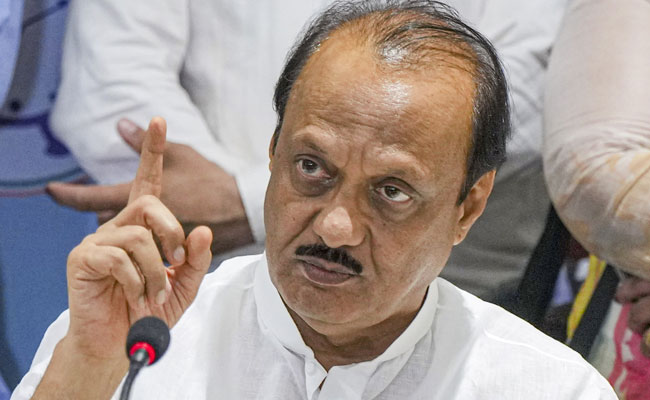Washington: Scientists have developed a new method of testing for COVID-19 that doesn't make use of key reagents but still delivers an accurate result, an advance that may lead to an inexpensive diagnosis technique in developing countries where chemical supplies are in short supply.
The method, described in the journal PLOS Biology, omits the step in the widely used reverse transcription polymerase chain reaction (RT-PCR) test where the scarce reagents are needed, but has an accuracy of 92 per cent, missing only the lowest viral loads.
The researchers, including those from the University of Washington in the US, tested the new method using 215 COVID-19 samples that RT-PCR tests had shown were positive, with a range of viral loads, and 30 that were negative.
They said it correctly identified 92 per cent of the positive samples and 100 per cent of the negatives.
While the positive samples the new test failed to catch had very low levels of the virus, the scientists said ultra-sensitive tests that identify individuals with even the smallest viral loads may not be needed to slow the spread of the disease.
"It was a very positive result," said Jason Botten senior author of the study from the University of Vermont in the US.
"You can go for the perfect test, or you can use the one that's going to pick up the great majority of people and stop transmission," Botten said.
While standard PCR tests have three steps, the version developed by the researchers has only two, the study noted.
"In step 1 of the RT-PCR test, you take the swab with the nasal sample, clip the end and place it in a vial of liquid, or medium. Any virus on the swab will transfer from the swab into the medium," Botten said.
"In step 2, you take a small sample of the virus-containing medium and use chemical reagents, the ones that are often in short supply, to extract the viral RNA. In step 3, you use other chemicals to greatly amplify any viral genetic material that might be there. If virus was present, you'll get a positive signal," he explained.
In the new method, Botten said, a sample of the medium that held the nasal swab is taken directly to the third, amplification step, removing the need for scarce RNA extraction reagents as well as significantly reducing the time, labour and costs required to extract viral RNA from the medium in step 2.
According to the researchers, the test is ideally suited to screening programs, in both developed and developing countries, since it is "inexpensive, takes much less processing time, and reliably identifies those who are likely to spread the disease."
Its low cost and efficiency could extend testing capacity to groups not currently being tested, including the asymptomatic, nursing home residents, essential workers and school children, Botten added.
He said the standard RT-PCR test could be reserved for groups, like health care workers, where close to 100 per cent accuracy is essential.
Let the Truth be known. If you read VB and like VB, please be a VB Supporter and Help us deliver the Truth to one and all.
Hyderabad (PTI): The Aircraft Accident Investigation Bureau (AAIB) will probe the plane crash at Baramati airport that killed Maharashtra Deputy Chief Minister Ajit Pawar and four others on Wednesday.
The Learjet 46, operated by Delhi-based VSR Ventures, crash-landed at the airport. There were five people onboard, including the crew members, according to the aviation regulator DGCA.
A senior official told PTI that the AAIB will be visiting the crash site and it will be investigating the accident.
AAIB is responsible for classifying safety occurrences involving aircraft operating in Indian airspace as accidents, serious incidents, or incidents. It carries out detailed investigations into accidents and also suggests measures to improve safety.

